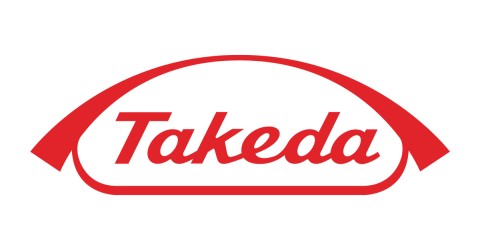CAR natural killer cell therapy – MD Anderson partners with Takeda
The University of Texas MD Anderson Cancer Center and Takeda Pharmaceutical Company Limited have entered a restrictive understanding and research consent to develop and market chimeric antigen receptor directed natural killer (CAR NK)- cell treatments.
Under the understanding, Takeda will get access to MD Anderson’s treatment stage so as to create and market the CAR NK-cell treatments for up to 4 projects, as indicated by the declaration made Tuesday i.e 4th of Feb. “With their expertise in hematologic malignancies and commitment to developing next-generation cell therapies, Takeda is the ideal collaborator to help our team advance CAR NK-cell therapies to patients in need of treatments,” said Katy Rezvani, MD, PhD, a professor of stem cell transplantation and cellular therapy at MD Anderson.
The treatment has a comparative technique to the much-touted CAR T-cell treatment, which shows significant guarantee in numerous diseases, by gathering certain white platelets of patients, equipping them with focused surface receptors to fight the subject’s specific malignant growth, and afterward imbuing them again into the patient’s blood.
Be that as it may, chemotherapy may leave a few patients without adequate autologous T cells in their blood for treatment with CAR T-cell treatment, while others might not have the opportunity that is required for a lab to create enough T cells, as indicated by the analysts.
Vehicle NK-cell treatment, created at MD Anderson, utilizes common executioner cells from rope blood. The group has said that it permits generation of a treatment that doesn’t need to be custom-made for every single patient—and furthermore forestalls the plausibility of join versus have ailment, which is a peril with some T-cell assortments.
The MD Anderson group utilized a retrovirus to bring new qualities into the NK cells: CD19 is added to expand the CAR NK explicitness for B-cell malignancies; interleukin 15 (IL15) is added to draw out the present of the phones in the body; and a CASP9-based “suicide quality” as a sort of security measure, which can be actuated to trigger apoptosis by little atom dimerizers if there is poisonous quality after imbuement.
In declaring the understanding, MD Anderson and Takeda accentuated that the off-the-rack CAR NK treatment could be regulated at outpatient areas.
Up until now, the treatment has demonstrated safe: A progressing stage I/2a clinical examination in patients with backslid and headstrong B-cell malignancies indicated that the CD19 CAR NK-treatment has not been related with the extreme cytokine discharge disorder or neurotoxicity saw with existing CAR-T treatments.
Takeda said they intend to start an essential investigation of the CD19 CAR NK-cell treatment in 2021.
You may like to read : CAR-NK Cell therapy
MD Anderson gets a forthright installment that was undefined by the gatherings as a component of the arrangement, just as layered sovereignties on possible net deals, as indicated by the announcement.
Rezvani said the goal is to make therapies that get to patients and ultimately change lives.
“Our vision is to improve upon existing treatments by developing armored CAR NKs that could be administered off-the-shelf in an outpatient setting, enabling more patients to be treated effectively, quickly, and with minimal toxicities,” said Rezvani.
- Comments Closed
- February 8th, 2020



CAR NK, Immunotherapy
CancerFax is the most trusted online platform dedicated to connecting individuals facing advanced-stage cancer with groundbreaking cell therapies.
Send your medical reports and get a free analysis.
🌟 Join us in the fight against cancer! 🌟
Привет,
CancerFax — это самая надежная онлайн-платформа, призванная предоставить людям, столкнувшимся с раком на поздних стадиях, доступ к революционным клеточным методам лечения.
Отправьте свои медицинские заключения и получите бесплатный анализ.
🌟 Присоединяйтесь к нам в борьбе с раком! 🌟